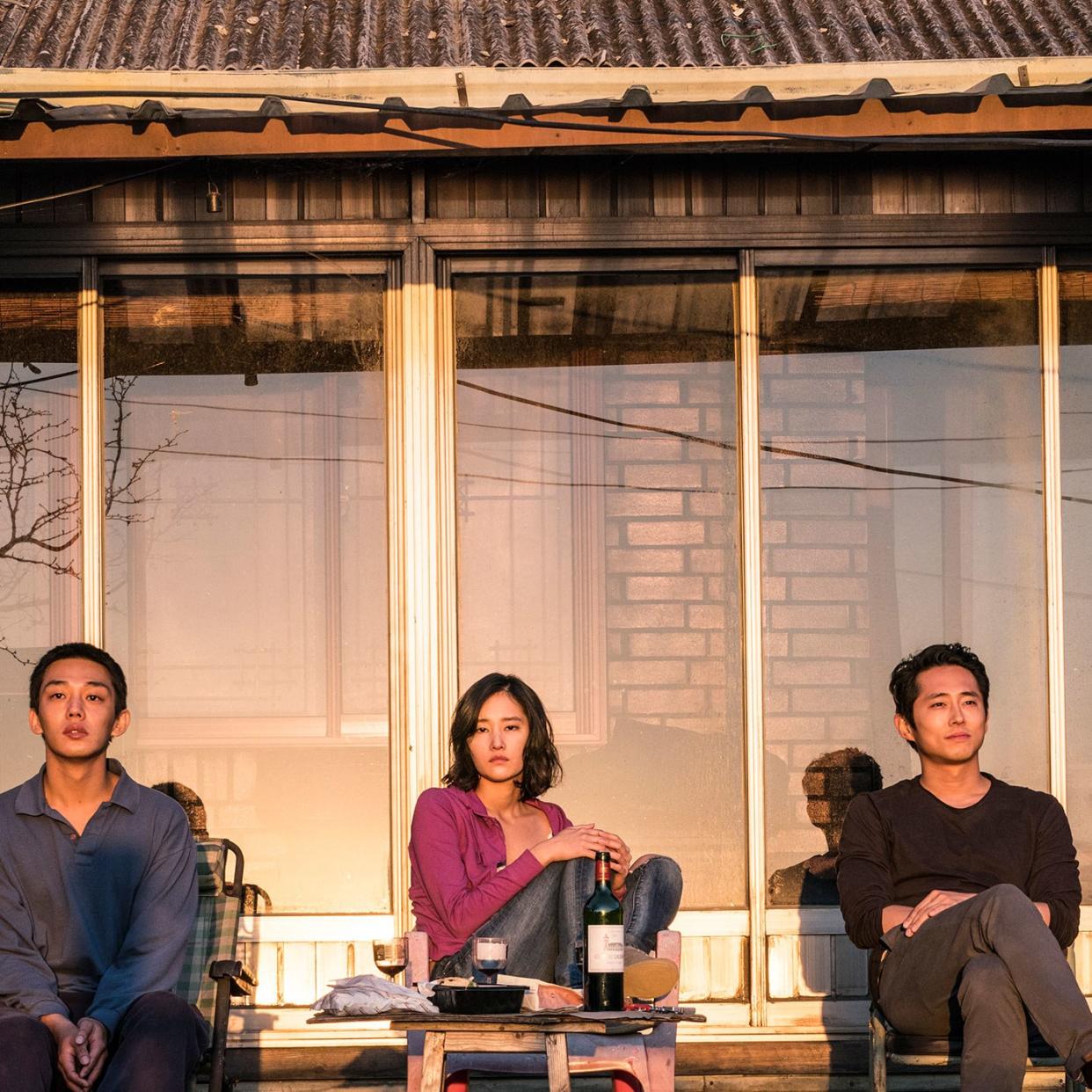Burning Is the New Thriller About Toxic Masculinity That You Didn’t Know You Needed

If you had to choose the most interesting filmmaker in the world right now, you wouldn’t be wrong if you named Lee Chang-dong. Back at the Vancouver International Film Festival in 1997, I was on a jury that gave this South Korean auteur top prize for his first film, Green Fish, a funny, unsettling crime picture that was like an X-ray of Korean culture. “This guy,” I remember thinking, “has some talent.”
In fact, Lee had far more of it than I realized. Over the last 20 years, nobody has made more good movies than he has. Bursting with a novelistic richness spiked with political awareness, Lee specializes in empathetic stories about ordinary people caught up in emotional extremes, be it the doomed hero of the wrenching Peppermint Candy, which begins with his suicide and traces his life backwards, to the aging heroine of his exquisite last film, Poetry, who finds refuge from the onset of Alzheimer’s and a family crime by enrolling in a poetry class. Lee never does the same thing twice, and in his latest movie, Burning (the best thing at Cannes this year), he has created a hauntingly ambiguous metaphysical thriller about isolation, soul-warping social divisions, and the darker corners of the male psyche.
Based on an elliptical short story, “Barn Burning,” by Haruki Murakami (itself a riff on a Faulkner story of the same name), Burning centers on Jong-su (Yoo Ah-in), an alienated wannabe-writer who works as a part-time Seoul deliveryman. One day, he bumps into Hae-mi (Jeon Jong-seo), a delightfully vague young woman who claims to have known him when they were kids. Before he quite knows what’s happening, he finds himself in bed with her. Reading more into this erotic encounter than she does (you know men), he agrees to look after her cat while she takes a trip to Africa.
So far, so good. But when Hae-mi returns, Jong-su is shocked to discover that, along the way, she acquired a boyfriend, Ben, played by the terrific Korean-American actor Steven Yeun (best known for The Walking Dead). Rich, handsome, and internationalized, the Gatsby-esque Ben quickly gets under his skin. It’s not simply that this newcomer has stolen what Jong-su thinks of as “his” girl, but that he fairly gleams with entitlement. Where Jong-su drives a truck, Ben tools around in a Porsche; where Jong-su lives on his family’s farm blasted by propaganda from North Korean loudspeakers, Ben has a sleek apartment in the posh Gangnam neighborhood immortalized by Psy. Although amiable, Ben exudes a yawning air of superiority that is at best annoying— you want to smack him—and at worst feels a bit, um, sociopathic. The conflict between these young men leaves us wondering what will happen to Hae-mi, an elusively alluring figure caught between the smug Ben, who may be using her, and the bottled-up Ben, who may care about her more than she wants. We sense something bad could happen. But exactly what? That’s the mystery.
Now, Burning is something of a (forgive me) slow burn—it takes two and a half hours to reach its devastating climax. This is a movie in which every detail—from Hae-mi’s cat to Jong-su’s imprisoned father—shapes our sense of what’s going on. Not one for flashy style, Lee likes to let scenes play out so that his actors have time to slowly suggest the essence of their characters. Here, he wins three performances that, in a fairer world, would all be up for big awards. As the unreadably cool Ben, Yeun could hardly be better or more charismatic—he’s a movie star, folks. He’s matched by Yoo, who is famous in Korea for both his acting and his online political pronouncements, including terming the #MeToo movement a “witch hunt.” While this makes him someone you might not want to date, it doesn’t keep him from shining as Jong-su, a seemingly nice guy whose loneliness, desire, and fury keeps peering around the edges of his often silent passivity.
At first, Jeon may appear to be stuck in a classic women’s role as Hae-mi—the wishbone being pulled on by two men. Yet she’s far more than that. Indeed, in a marvelous screen debut, she gives a radiant turn, blooming so brightly—especially in a stoned twilight dance to Miles Davis—that she often outshines her male costars. Whenever she’s not on-screen, the film instantly grows darker, unhappier. This, I think, is deliberate. Lee wants us to grasp that Hae-mi is a woman threatened by the desires and demands of two men who don’t see her for who she actually is. Filled with free-floating spirit, she becomes the occasion for Jong-su and Ben to reveal a masculinity that is as toxic as she is life-affirming.

